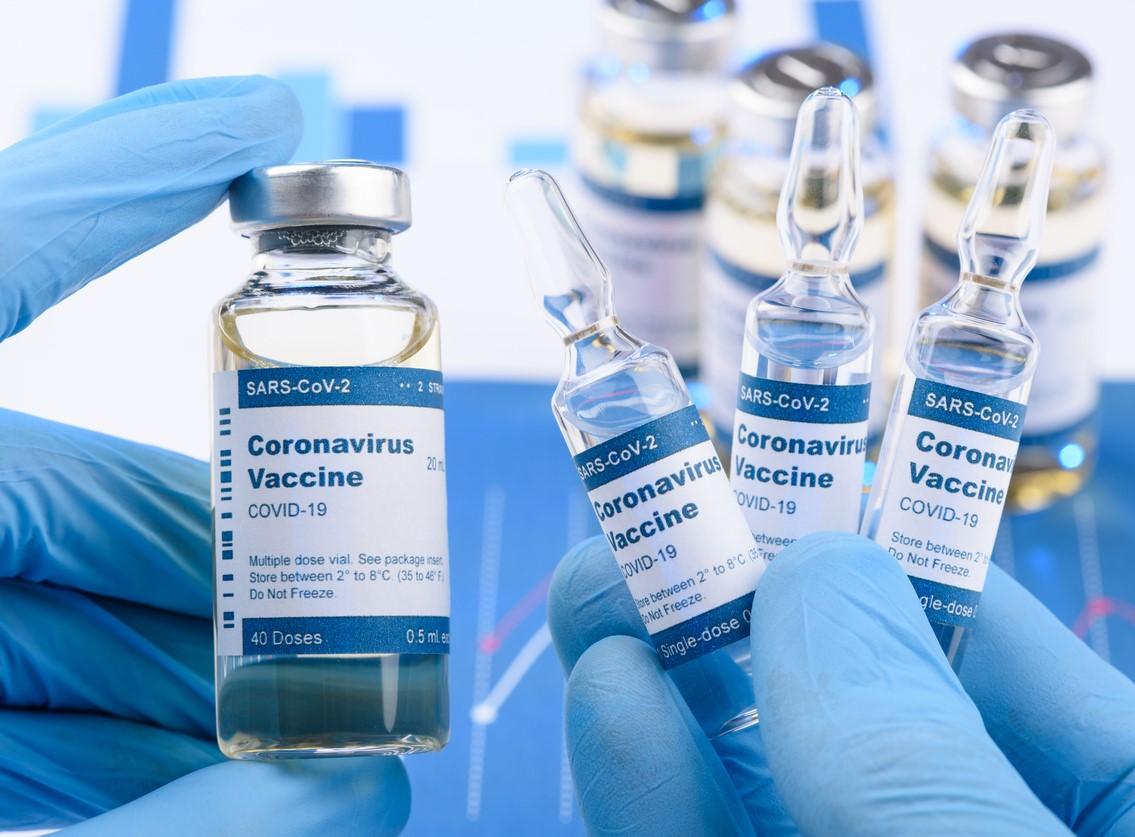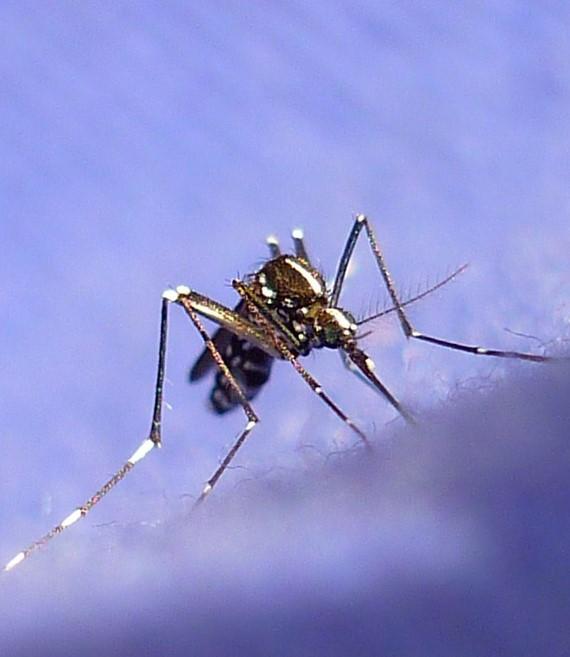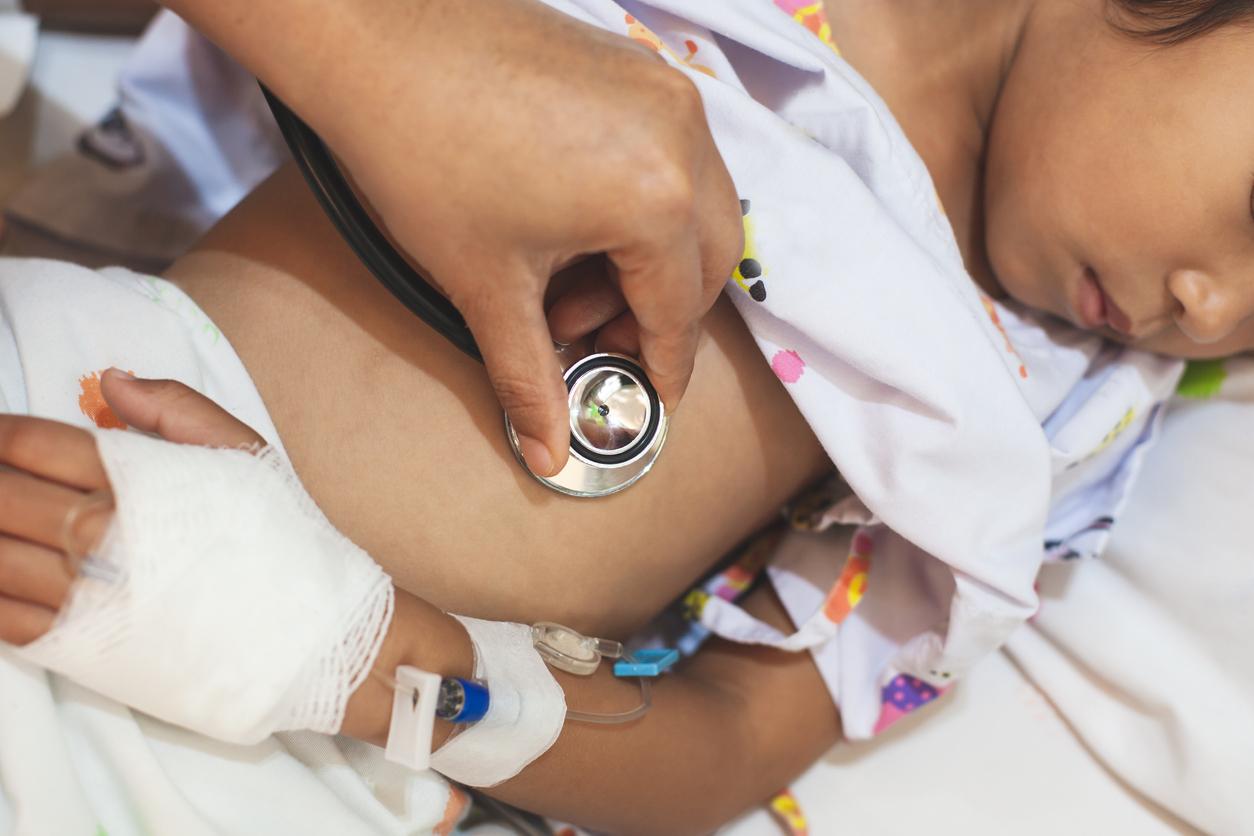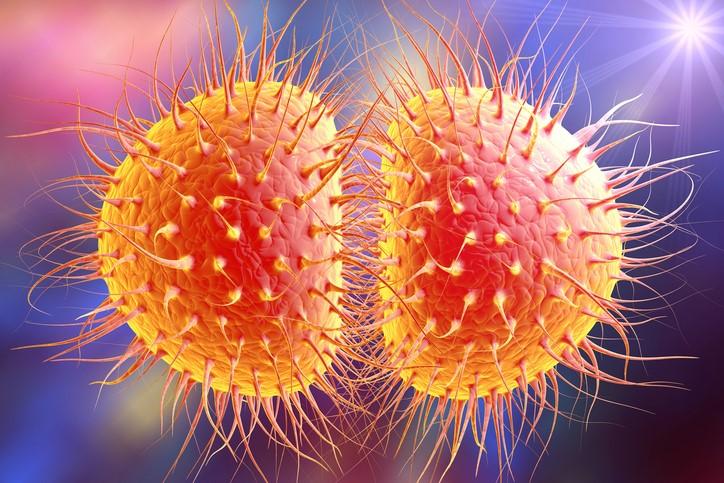
A new research letter published yesterday in JAMA Network Open shows no new safety concerns or reactogenicity signals among babies and toddlers who received their first COVID-19 vaccines by the age of 2.
The research comes from 5,644 US children who received at least 1 dose of mRNA COVID-19 vaccine between the ages of 6 and 24 months. All of the children had mothers who received a COVID-19 vaccination 30 days before their last menstrual period or during pregnancy.
The mean age at first dose was 12.4 months. Twenty percent of the children included in the study received their COVID vaccine with at least one other vaccine administered at the same time.
Postvaccination reactions were reported for 46.7% of children, with 21.1% and 38.8% experiencing local and systemic reactions, respectively, the authors said. Only 18 children in the study, 0.3%, experienced reactions described by participants as severe.
Fussiness most common reaction
The most common reactions were fussiness (30%), local reaction (21.1%), and fever (13.8%). Six participants reported a seizure or febrile seizure after receiving COVID-19 vaccination. No deaths were reported.
Reactions were more common after the first dose of COVID vaccine than the second.
This difference may reflect maternal vaccination; the first COVID-19 vaccination in our cohort may be some children’s second immunological encounter with a COVID-19 vaccine.
"This difference may reflect maternal vaccination; the first COVID-19 vaccination in our cohort may be some children’s second immunological encounter with a COVID-19 vaccine," the authors said. "These findings add evidence indicating that mild or moderate local and systemic reactions may be experienced, but severe reactions and serious adverse events are rare."




.jpg)














